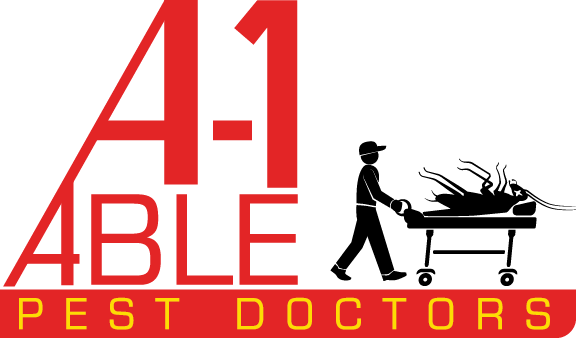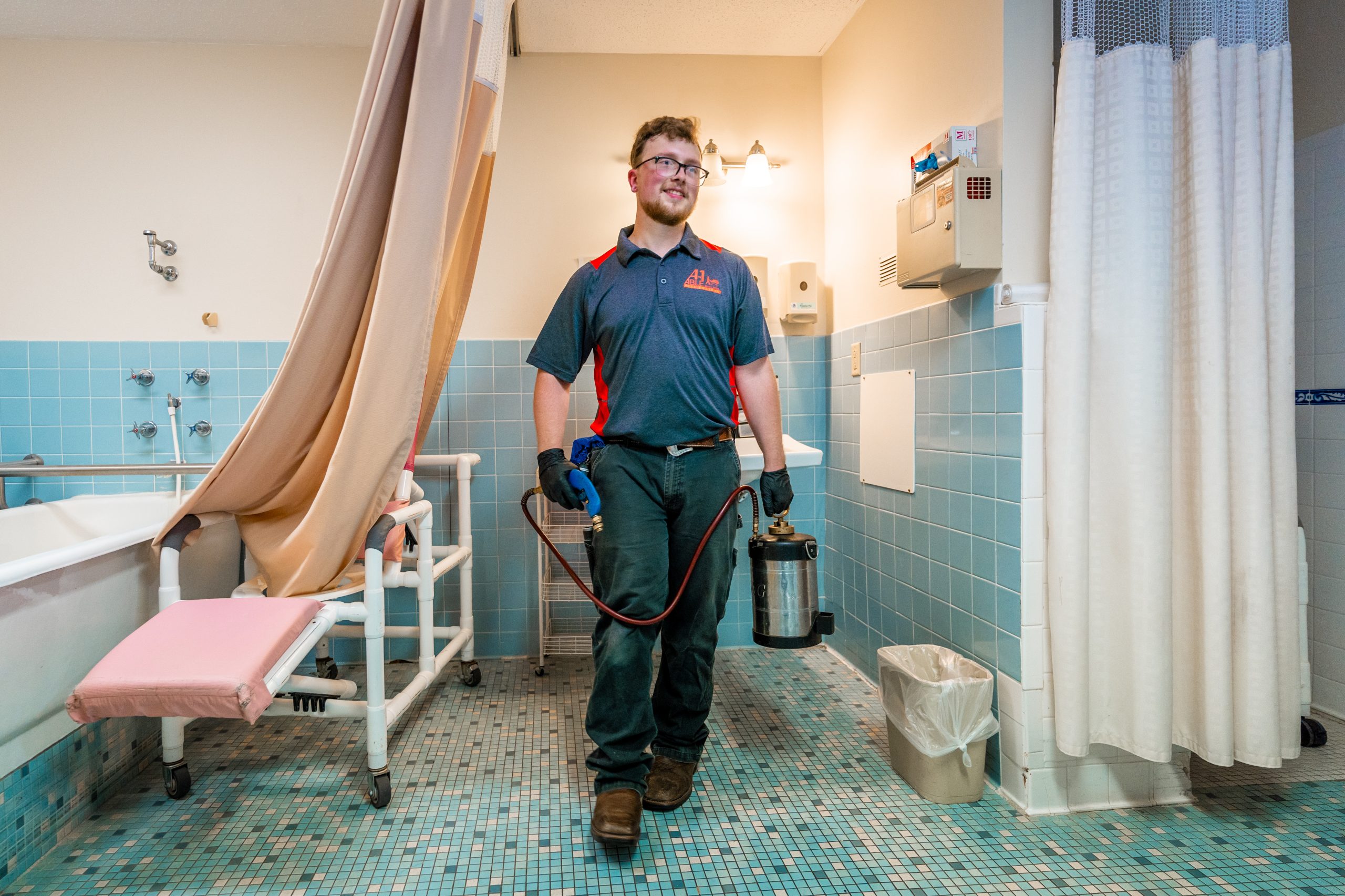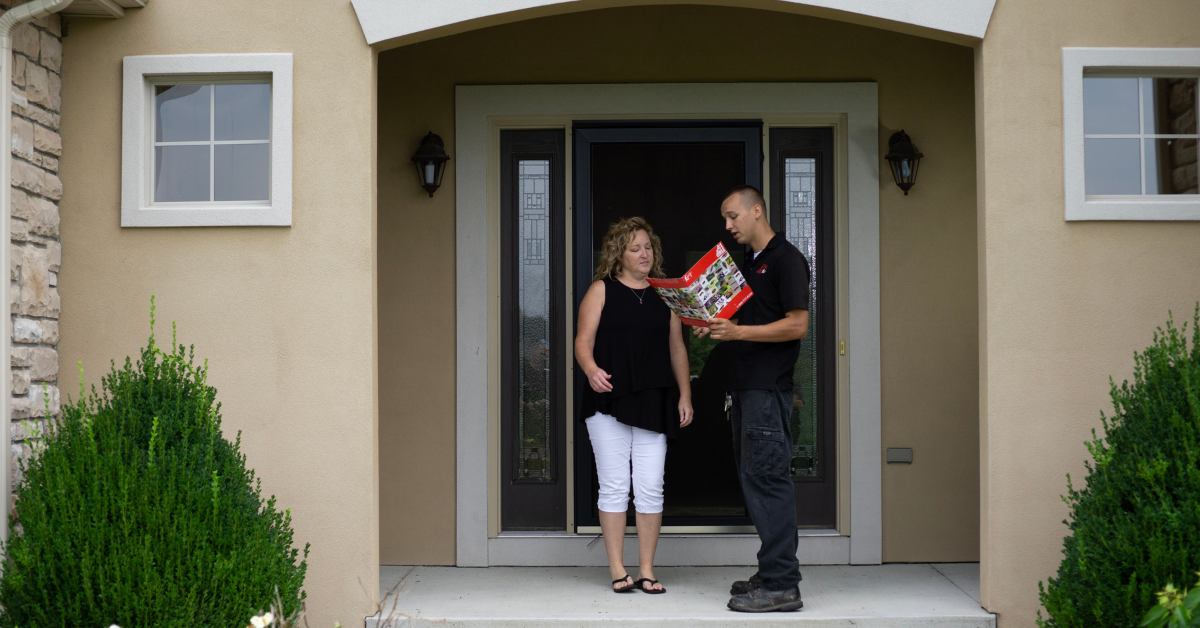
In today’s world, where environmental consciousness is on the rise, it’s no surprise that even the pest control industry is embracing eco-friendly solutions. Traditional pest control methods often involve the use of harsh chemicals that can harm not only pests but also the environment, pets, and even humans. Environmentally friendly pest control offers a sustainable alternative that keeps unwanted critters at bay while preserving our planet. This article explores eco-friendly pest control and provides you with a comprehensive guide on how to implement it effectively.
Understanding the Need for Eco-Friendly Pest Control
The Environmental Impact of Conventional Pest Control
While there are many different pest control methods, traditional pest control typically involves the use of chemical pesticides. While effective in eradicating pests, these chemicals pose a significant threat to the environment. They can contaminate soil and water, harm non-targeted wildlife, and contribute to air pollution.
Health Concerns
Chemical pesticides can also have adverse health effects on humans and pets. Exposure to these substances can lead to respiratory problems, skin irritation, and in severe cases, long-term health issues.
The Benefits of Eco-Friendly Pest Control
Minimal Environmental Impact
These methods prioritize the use of non-toxic, biodegradable products. They are designed to minimize harm to the environment, ensuring that your pest problem is solved without compromising the planet’s well-being.
Safety for Humans and Pets
Unlike chemical pesticides, eco-friendly solutions are safe for you, your family, and your pets. You can have peace of mind knowing that your home is pest-free without exposing your loved ones to harmful toxins.
Implementing Eco-Friendly Pest Control
Inspection and Identification
The first step in eco-friendly pest control is to accurately identify the type of pest infestation. This enables you to choose the most appropriate eco-friendly solution for the problem.
Natural Predators
One eco-friendly approach is to introduce natural predators of the pests into your ecosystem. For example, ladybugs can help control aphids in your garden, reducing the need for chemical insecticides, although this is oftentimes difficult to implement.
Organic Pest Repellents
Many organic pest repellents, such as neem oil and diatomaceous earth, can effectively deter pests without harming the environment.
Integrated Pest Management (IPM)
IPM is a holistic approach that combines various eco-friendly techniques to manage pests. It involves monitoring, prevention, and control strategies that minimize the use of chemicals. Though you can implement this yourself, it is advised that you contact professionals to get the job done effectively.
DIY Eco-Friendly Pest Control
Homemade Pest Sprays
You can create eco-friendly pest control solutions using common household ingredients like vinegar, baking soda, and essential oils. These homemade remedies are safe and cost-effective.
Maintaining a Clean Environment
Preventing pest infestations in the first place is key. Proper sanitation, sealing cracks and crevices, and keeping your surroundings clean can go a long way in deterring pests.
Eco-friendly pest control is not just a trend; it’s a responsible choice for a sustainable future. By opting for these environmentally conscious methods, you can protect your home from pests while doing your part to protect the planet. If you are looking for a company that provides IPM and other pest-control needs, check out A-1 Able Pest Control. Our staff is ready to help you get rid of unwanted guests in your house, so call today!
continue reading
Related Posts
In today’s business landscape, IPM has become an essential component […]
If you own a home or business and find yourself […]


